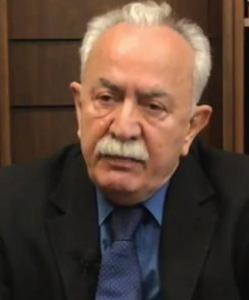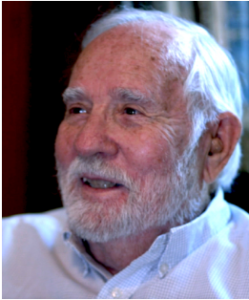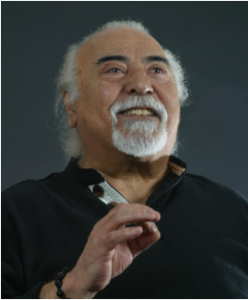The Pasargad Heritage Foundation Presents:
The Nowruz Award March 20, 2021.
This press release has been published by the Pasargad Heritage Foundation to the Personalities of the Year for their vision and efforts to preserve the national, cultural, historical, and natural heritage of Iran that also belongs to all humanity.
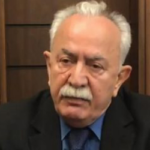 Dr. Mashallah Ajoudani, recipient of the Pasargad Heritage Foundation’s Nowruz Award
Dr. Mashallah Ajoudani, recipient of the Pasargad Heritage Foundation’s Nowruz Award
Dr. Mashallah Ajoudani is a historian, a literary Critic and the founder of the “Library of Iranian Studies” and is this year’s personality of the year in the category of Cultural and Historical Heritage for:
– A lifetime of courageous efforts towards increasing awareness of history and culture of Iran
– Utilizing modern methods of historiography, relying on authenticated documents while working academically without ideological or political prejudice
– Authoring the book “Iranian Constitution,” as the most authoritative book on the history of Iranian constitutionalism
– Prioritizing cultural values in building a modern society for Iran and presenting valuable theories in media writings and speeches
– Creating a new and exceptional critique of the literary works in the history of Iranian criticism in the book, “Guidance, the Blind Owl and Nationalism”
– Establishing an Iranian library in London and striving to keep alive the study of Iranian culture and history.
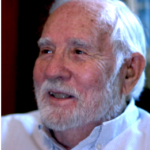 Dr. Fred Harrington, recipient of the Pasargad Heritage Foundation’s Nowruz Award
Dr. Fred Harrington, recipient of the Pasargad Heritage Foundation’s Nowruz Award
Dr. Fred Harrington is a biologist, ecologist, environmentalist, and chemical weapons
cleanup specialist and is this year’s personality of the year in the category of Natural Heritage and Environment, for:
– His invaluable role in the development of environmental protections in Iran
– Seven years (between 1970 and 1977) of efforts in different regions of Iran to better understand the natural and environmental conditions of Iran
– Preparation of the first “National Report on Human Environment” presented by the then Iranian government to the first World Environment Conference, Stockholm 1972
– Writing Iran’s environmental plan and program, as a roadmap for the establishment of Iran’s Environmental Agency
– Efforts to introduce local people to environmental and wildlife protection
– Publishing articles and scientific books and creating documentary films about the environment, in simple language, for public education and to inform local communities including villages and indigenous communities of Iran with the methodologies of environmental protection.
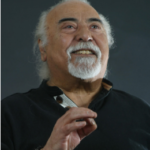 Esfandiar Monfaredzadeh, recipient of the Pasargad Heritage Foundation’s Nowruz Award.
Esfandiar Monfaredzadeh, recipient of the Pasargad Heritage Foundation’s Nowruz Award.
Eefandiar Monfardzadeh is a musician and composer and is this year’s personality of the
year in the category of Cultural Heritage and Performing Arts, for:
– Life time contribution to creating unique modern Iranian music
– Creating a whole new Iranian musical genre, a new style of musical writing for film and songs263
– Innovative initiatives in making film soundtracks for Iranian cinema
– Choosing inspiring and stimulating lyrics in his songs
– Supporting human rights, especially in regards to the release of women and political
prisoners in Iran
– Composing the first music dedicated to “Cyrus Day,” immediately after the proposal of
“Cyrus the Great Day” by the Pasargad Heritage Foundation.
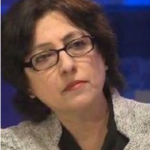 Elahi Boghrat, recipient of the Pasargad Heritage Foundation’s Nowruz Award.
Elahi Boghrat, recipient of the Pasargad Heritage Foundation’s Nowruz Award.
Elahe Boghrat is an author, journalist, editor of the London-based Kayhan newspaper, spokeswoman
for the Phoenix Iran Project, and this year’s personality of the year in the category of cultural heritage
and communication, for:
– Her services as a journalist and editor of a prominent political and news publication outside Iran
– Advocate for Iranian culture, history, and art
– Vocal supporter of human rights in her writings and statements

